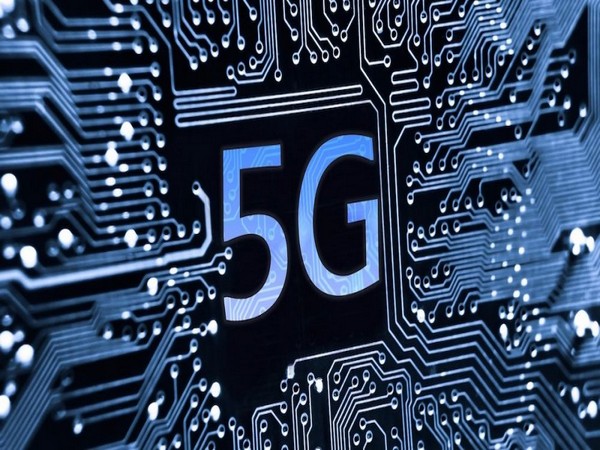5G rollouts on in select pockets but backhaul infra to cost Rs 3 lakh cr over 4-5 yrs: ICRA
The latest round of spectrum auctions added more deferred debt and ICRA expects industry debt to exceed Rs 6.3 lakh crore by March 2023, with a marginal moderation, going forward, ICRA said.According to Ankit Jain, Vice President and Sector Head, Corporate Ratings, ICRA Ltd while 5G rollouts have started and customers are being upgraded to next-generation network, the same is being done at no additional costs as 5G-specific plans have not been launched yet.While small cells are likely to be the first option to start with, these need to be connected with fibre for efficient network coverage and delivery.

- Country:
- India
Telecom players have started rolling out 5G services in select pockets but backhaul infrastructure will cost Rs 3 lakh crore over the next 4-5 years, according to ICRA.
ICRA noted consistent ''healthy improvement'' in operating metrics of telcos but added that debt levels continue to remain high and seen at around Rs 6.3 lakh crore as on March 31, 2023.
The full scale 5G deployment across the country will entail densification of the network and thereby sizeable investments in fiberisation, it contended.
''India currently has around 35 per cent of its towers fiberised and the rating agency expects that the capex required to fiberise the adequate number of towers to provide a sturdy network base would be close to Rs 3 lakh crore over the next 4-5 years,'' ICRA said in a statement.
The telecom industry, it noted, has continued to report healthy improvement in operating metrics, as reflected by improvement in ARPU (Average Revenue Per User) levels and consistent growth in telephony usage.
ARPU has already crossed Rs 170 mark in the first half and is likely to touch Rs 180 by the end of the fiscal.
This has translated into healthy growth in industry AGR (Adjusted Gorss Revenue) over the last few quarters.
''However, the debt levels continue to remain high and the same further increased post the conclusion of the last round of auctions,'' it said.
While in the core business, technology upgradation to 5G is likely to drive growth going forward, along with the upgradation of a large pool of subscribers to higher technology, the non-telco businesses, which include enterprise business, cloud services, digital services and fixed broadband services will also remain crucial for chartering a growth path for the industry.
The core business is experiencing consistent improvement in operating metrics, however, the debt levels continue to remain elevated, thereby leading to moderation in the credit metrics of the industry.
''Amid all this improvement, the industry’s debt levels are likely to remain unwieldy, exerting pressure on the debt coverage metrics. The latest round of spectrum auctions added more deferred debt and ICRA expects industry debt to exceed Rs 6.3 lakh crore by March 2023, with a marginal moderation, going forward,'' ICRA said.
According to Ankit Jain, Vice President and Sector Head, Corporate Ratings, ICRA Ltd while 5G rollouts have started and customers are being upgraded to next-generation network, the same is being done at no additional costs as 5G-specific plans have not been launched yet.
''While small cells are likely to be the first option to start with, these need to be connected with fibre for efficient network coverage and delivery. With relatively low penetration of fiber in India, expected capex of around Rs. 3 lakh crore would be needed over the next 4-5 years,'' Jain said.
(This story has not been edited by Devdiscourse staff and is auto-generated from a syndicated feed.)
- READ MORE ON:
- ARPU
- ICRA
- Sector Head
- Jain
- Ankit Jain
- India
- Corporate Ratings
- ICRA Ltd
ALSO READ
Good Luck Producer Dr.(Er.) Azad Jain opens up about his decision to back the film, his working experience and more
Jain community in US launches digital detox movement
Will go and meet families of Manish Sisodia and Satyendar Jain. They are family for us, we are with them: AAP leader Sanjay Singh.
Meghalaya: High alert in Khasi, Jaintia hills over killing of two persons
High alert sounded in Khasi, Jaintia hills over murder of two persons










